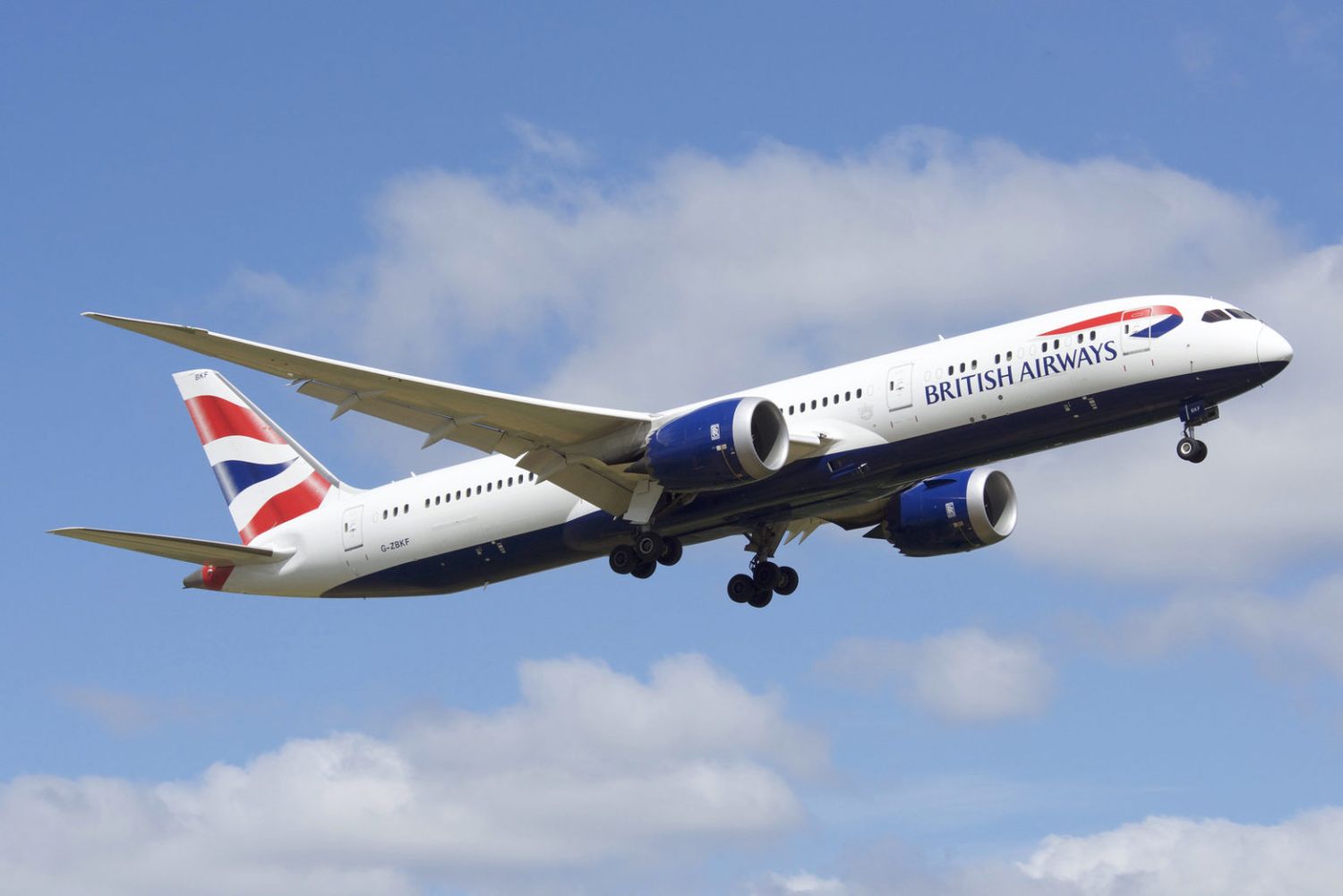The ongoing issues with British Airways’ (BA) Boeing 787 Dreamliner fleet have forced the airline to suspend its flights to Abu Dhabi, in the United Arab Emirates, as the popular connection to the Middle East will be removed from the airline’s network for the summer 2025 season.
British Airways had relaunched the London-Heathrow-Abu Dhabi route in April after a four-year hiatus due to the COVID-19 pandemic. Currently, the company operates the route with a daily flight using the Boeing 787 Dreamliner.
According to London Air Travel, British Airways will suspend its direct flight to Abu Dhabi for the entire summer 2025 season, which runs from March 30 to October 25, 2025. The company stated that it has been forced to cut several routes due to persistent issues with the Rolls-Royce Trent engines powering its fleet of 787 Dreamliners, Aeroin reported.
These reliability issues require engine maintenance earlier than expected, and supply chain challenges have exacerbated the situation, leaving aircraft grounded for much longer than planned, according to Paddle Your Own Kanoo.
British Airways tried to maintain its schedule by operating older Boeing 777s more frequently, but since the Rolls-Royce engine problems remain unresolved, the airline needed to allocate time for maintenance of these aircraft.
In November, the airline stated that problems with the Dreamliners were the reason for indefinitely suspending two popular routes between London Heathrow and Bahrain and Kuwait. Following public outcry, British Airways partially reversed this decision and will continue to operate three weekly flights to Bahrain at the start of the summer 2025 season.
Additionally, the airline will withdraw from Dallas-Fort Worth at the end of March 2025, but capacity will be absorbed by American Airlines, its partner in the transatlantic joint venture. At the same time, British Airways will reduce flights to Miami, has already suspended the route to Beijing, and has decreased its offerings to Hong Kong.
Last week, the International Air Transport Association (IATA) warned that supply chain issues had caused a 30% drop in new aircraft deliveries compared to a peak of 1,813 units in 2018.
The backlog of undelivered orders has reached an unprecedented figure of 17,000 aircraft, meaning airlines are operating fleets with a much higher average age than in previous years. If the delivery rate does not improve, IATA estimates it will take 14 years to clear this backlog of unfulfilled orders.


Comentarios
Para comentar, debés estar registrado
Por favor, iniciá sesión